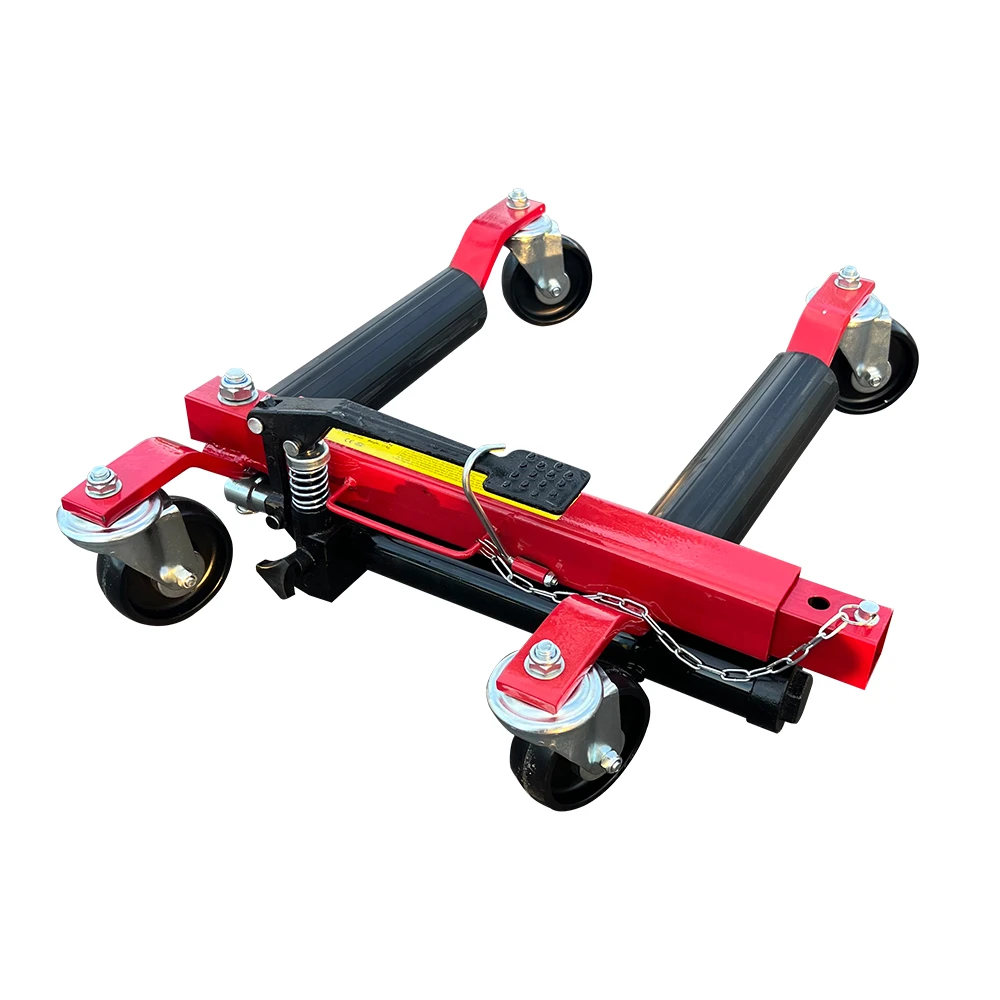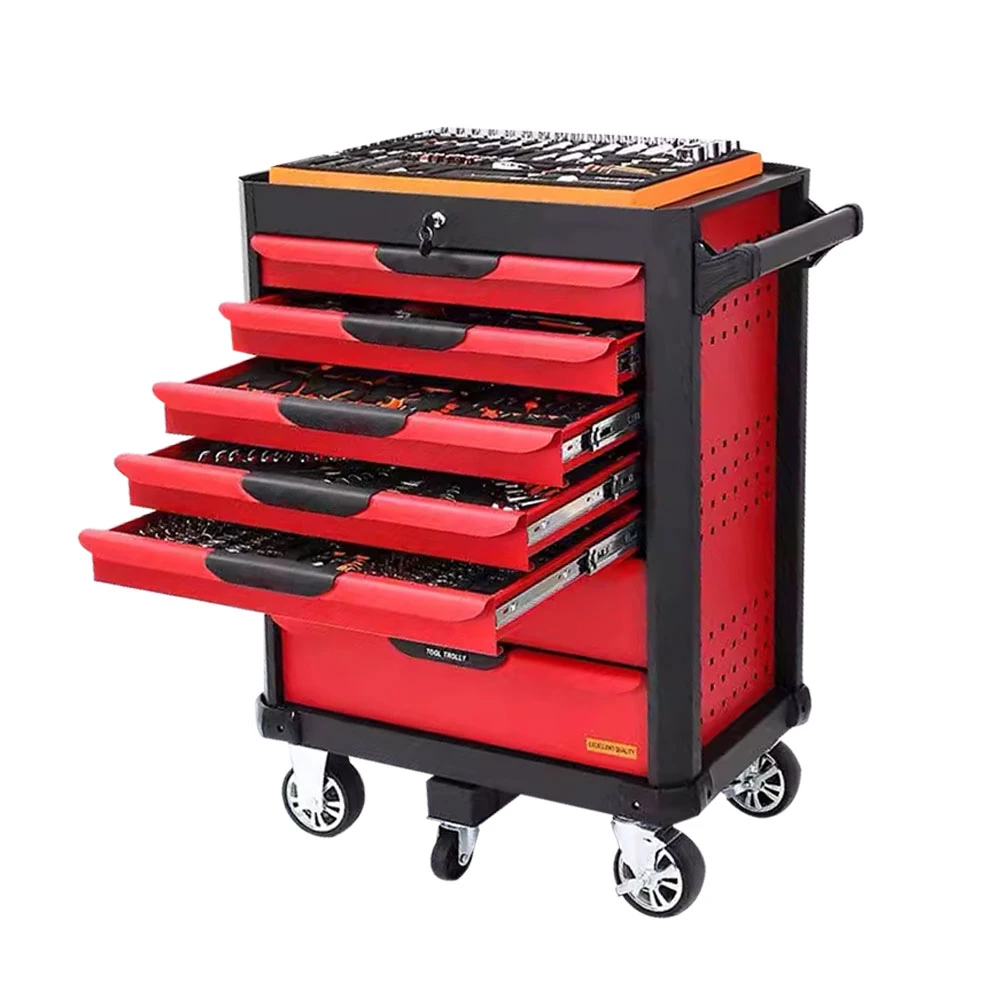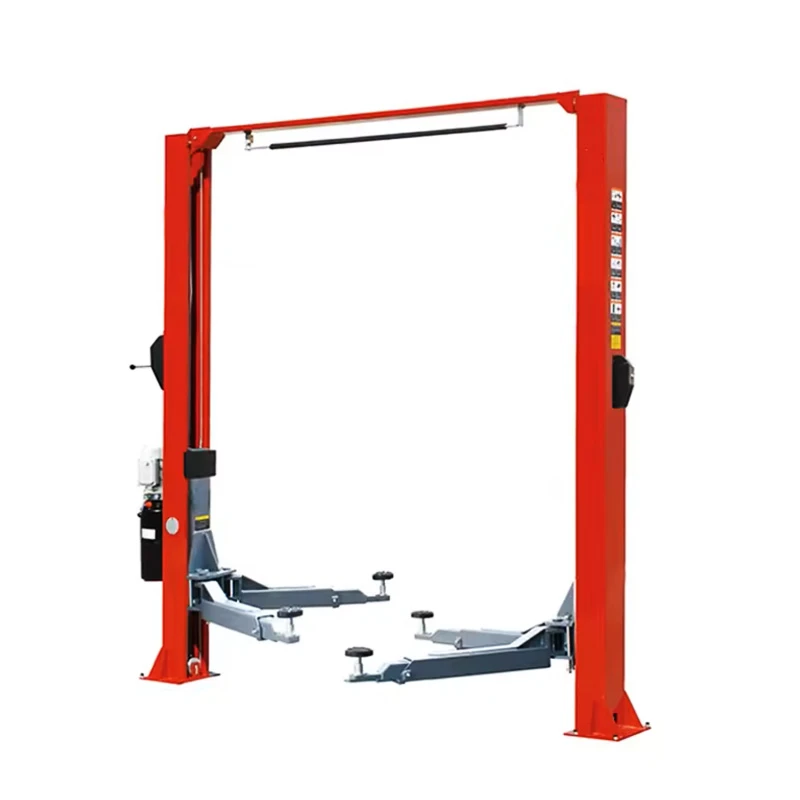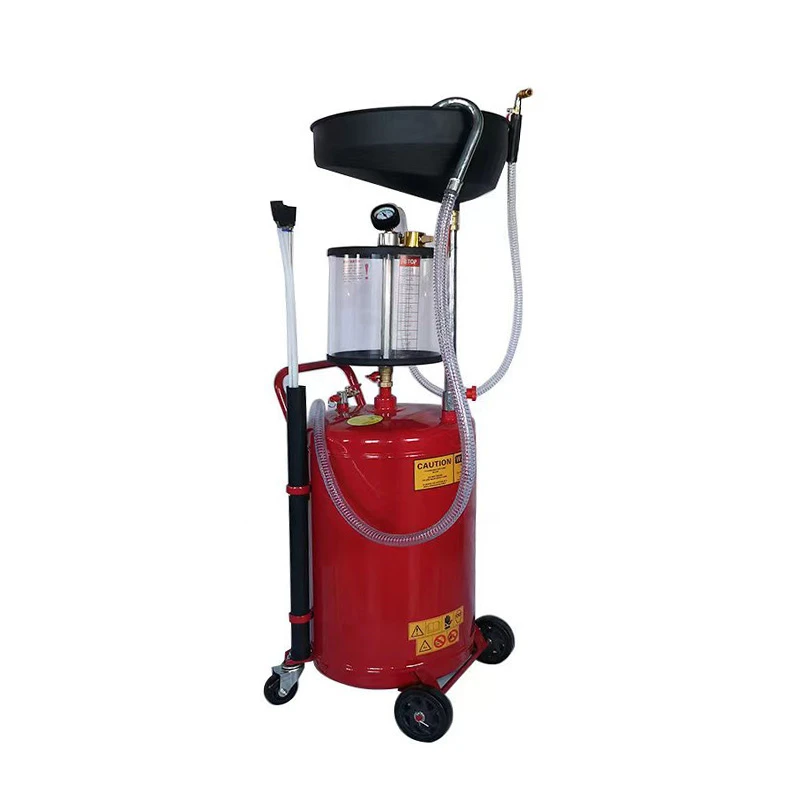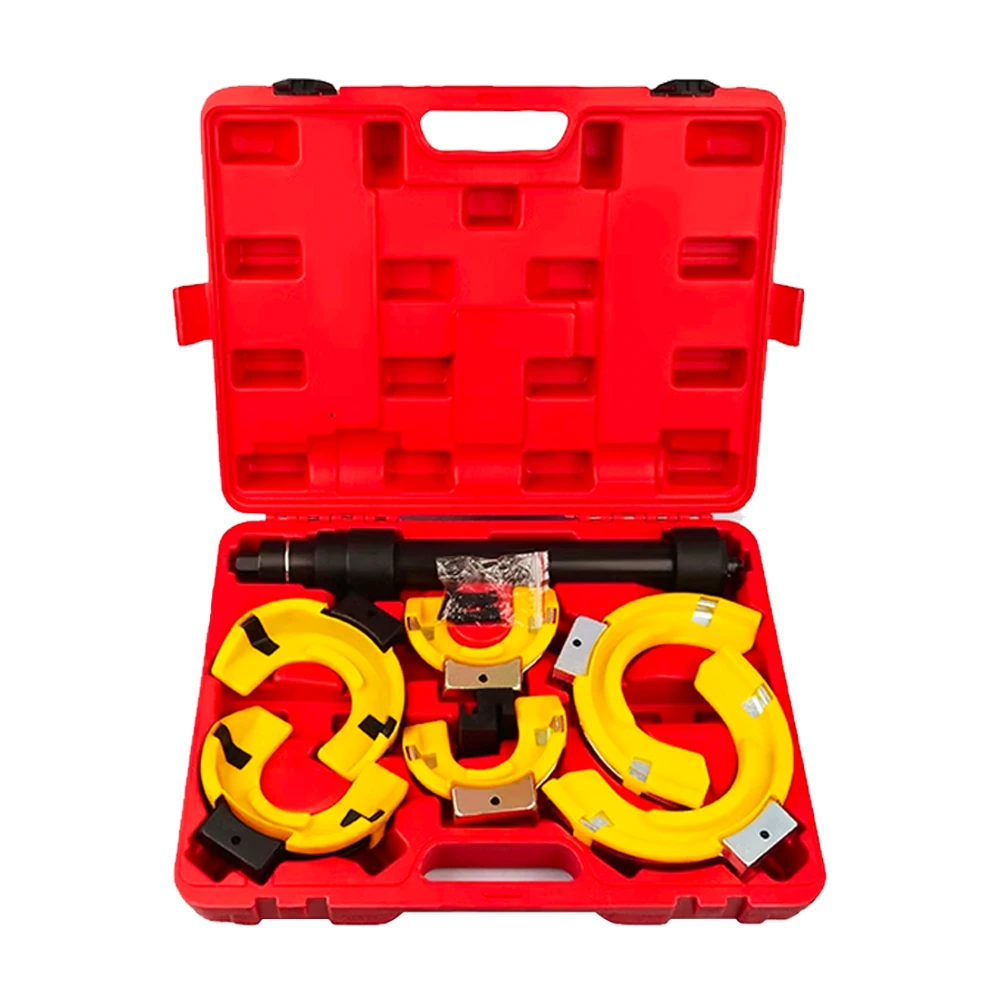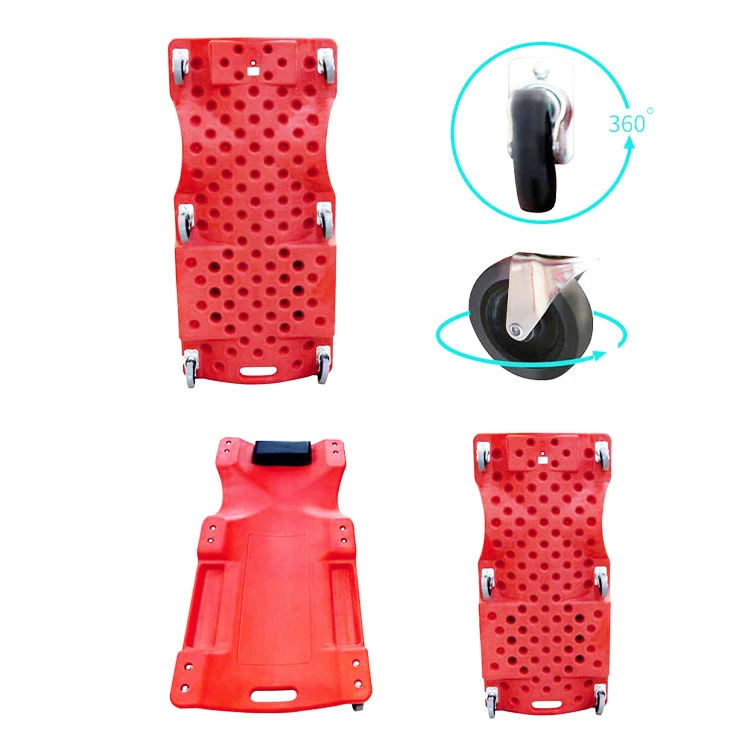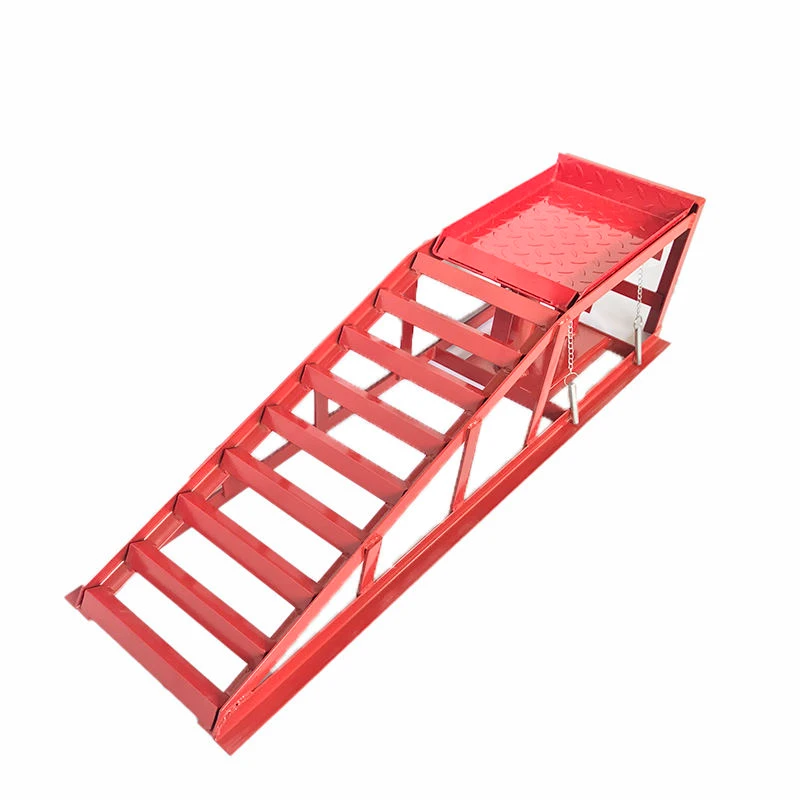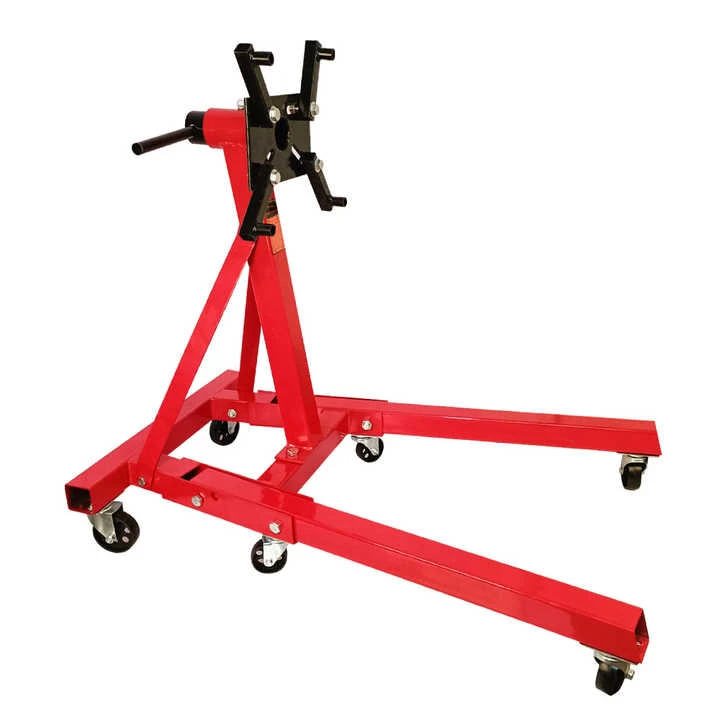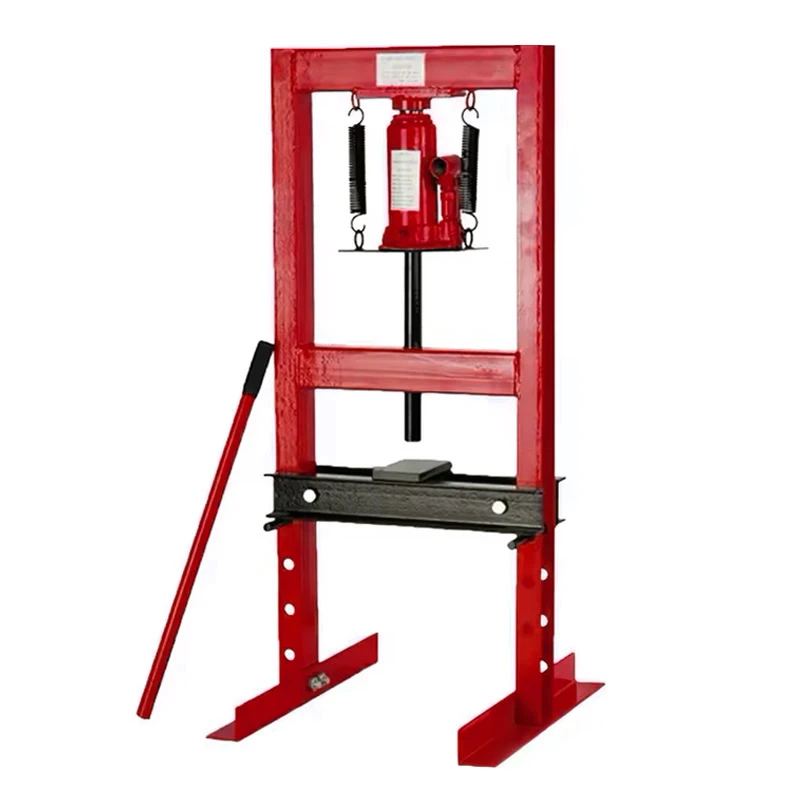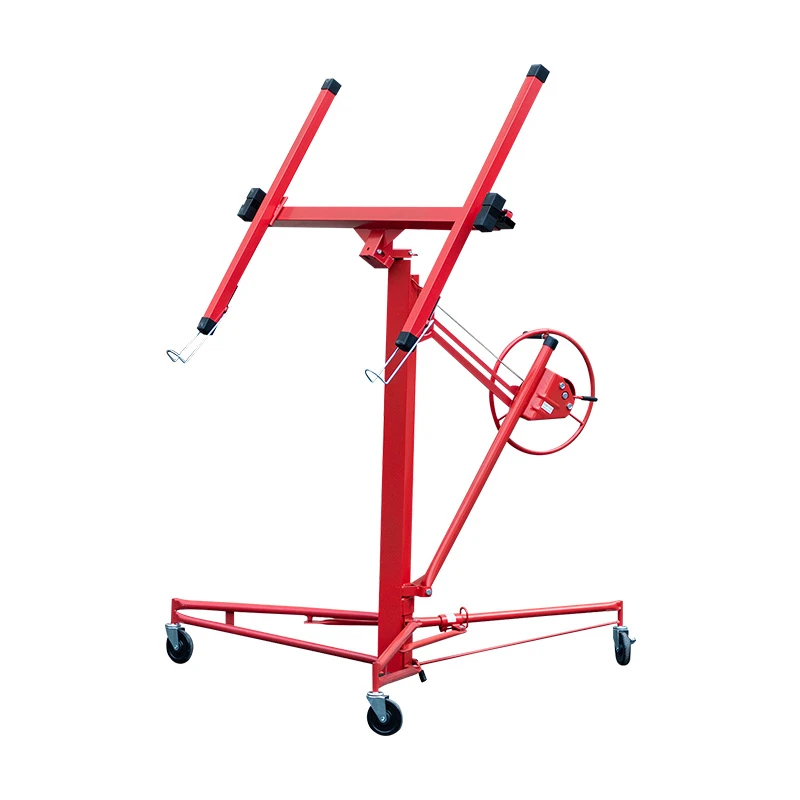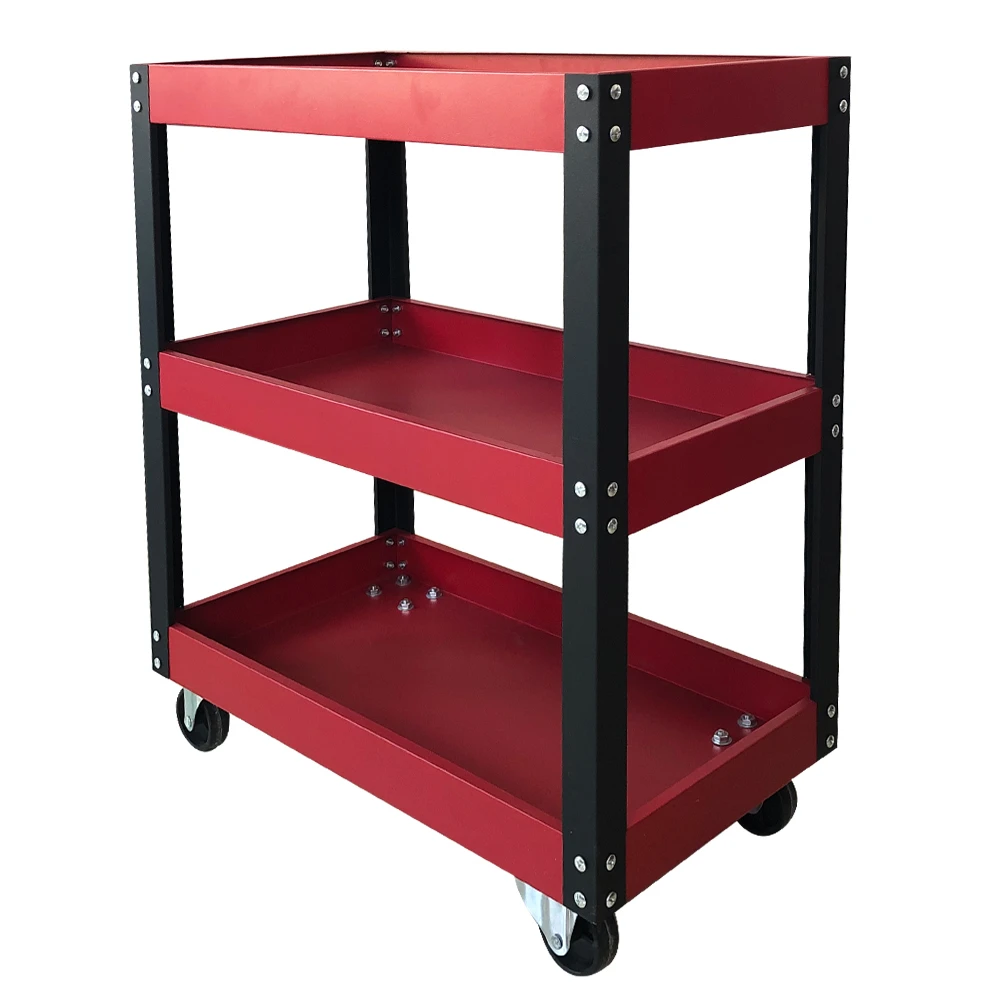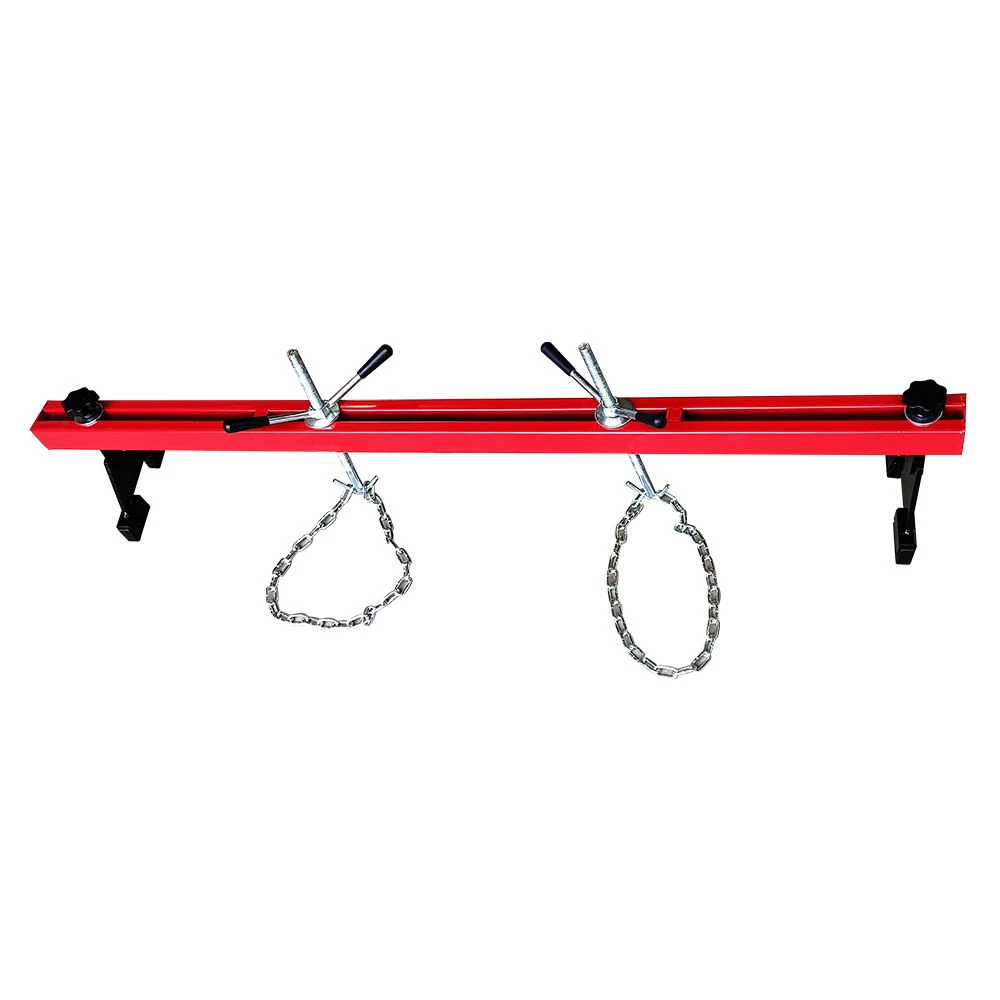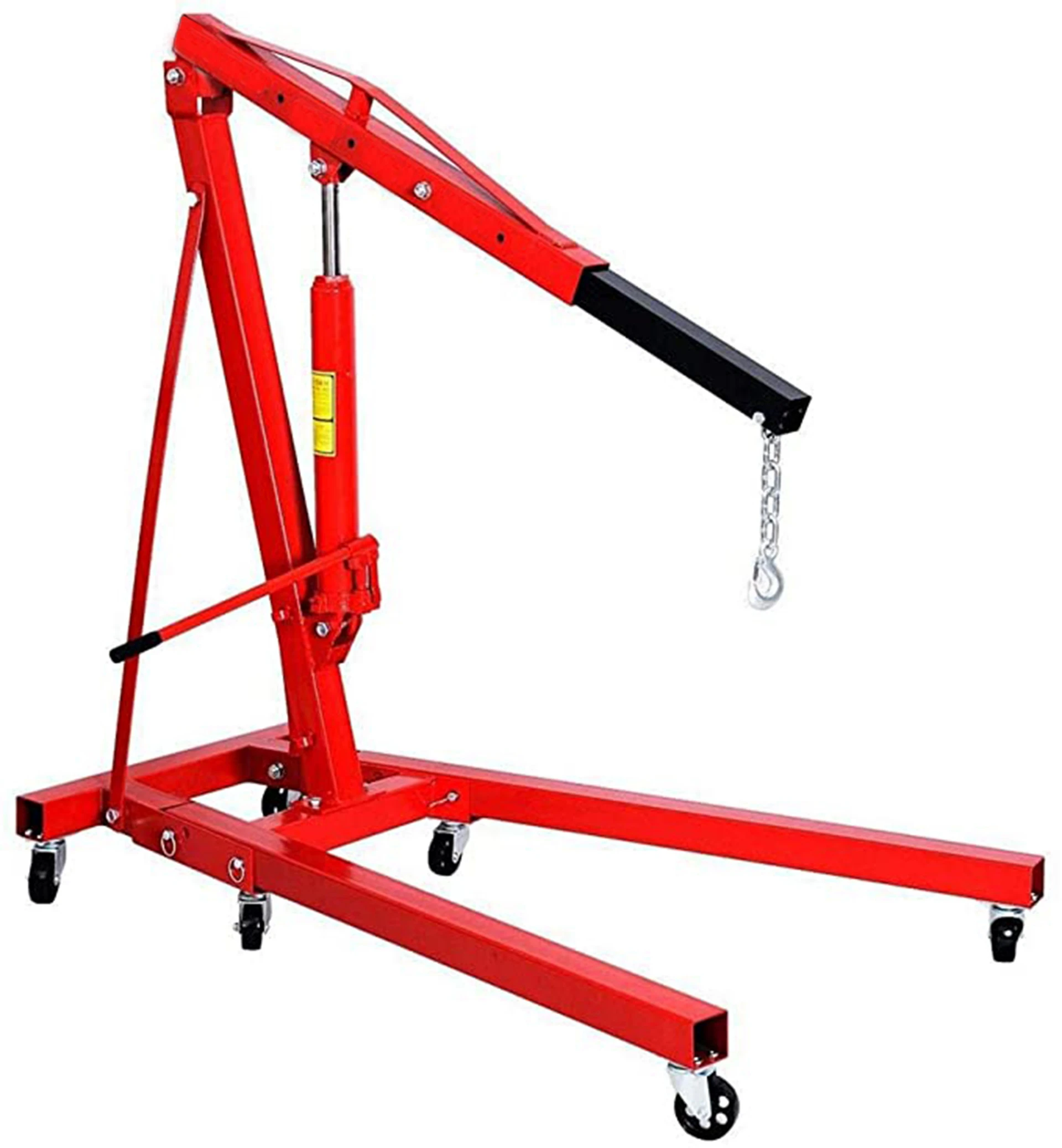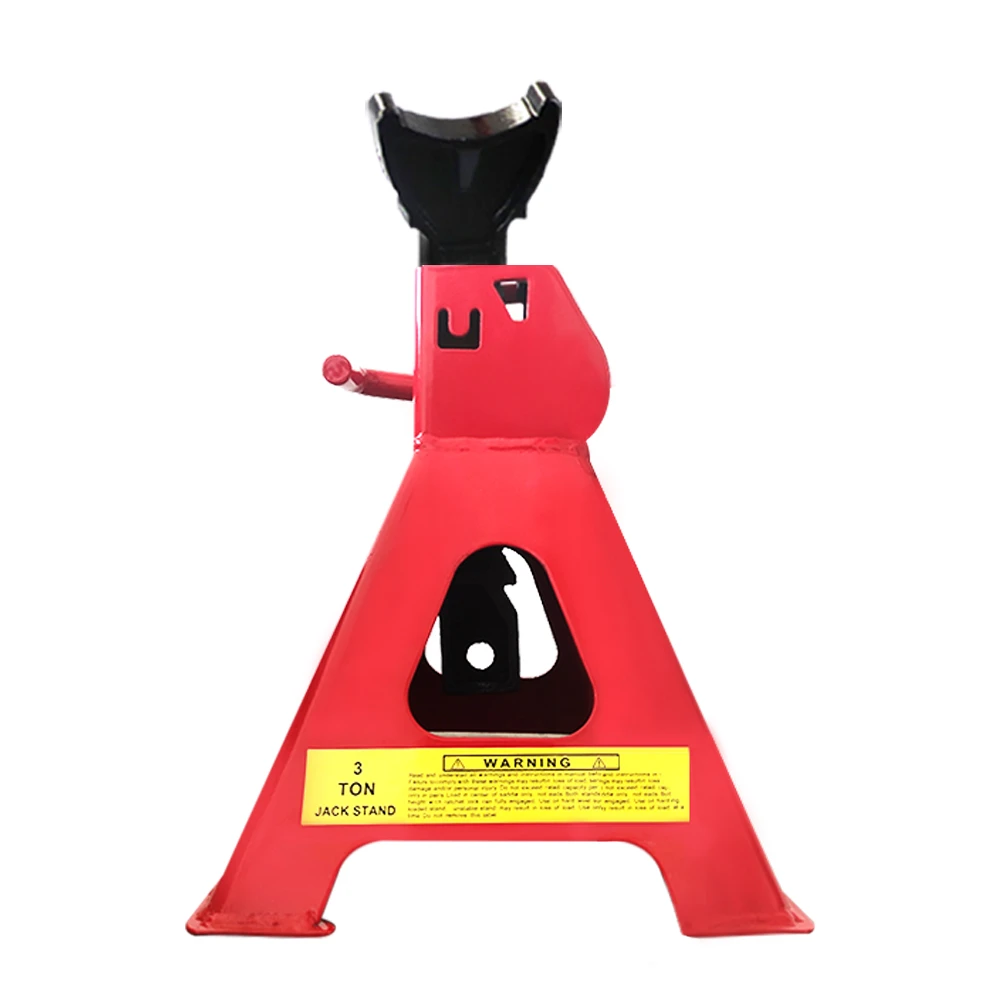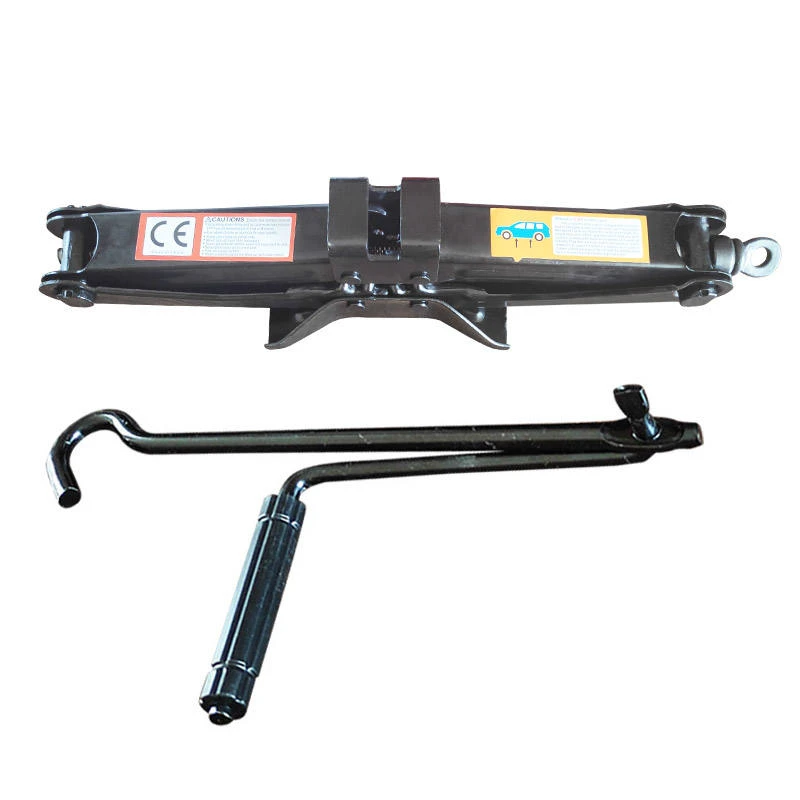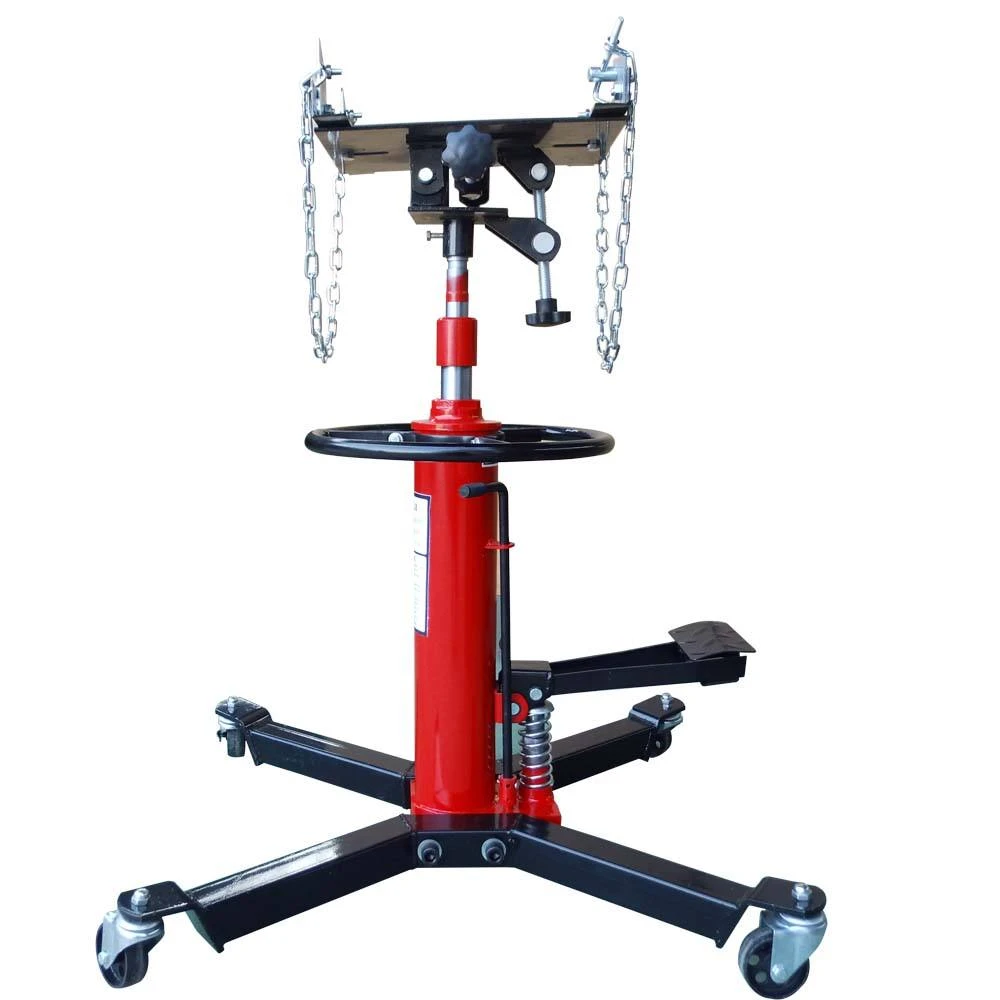Latsa Shagon: Kayan aiki mai mahimmanci don Ayyukan Bita masu nauyi
A shop press is a versatile and powerful piece of equipment commonly used in garages, workshops, and manufacturing facilities. It is primarily designed for applying controlled force to materials, such as metal or plastic, to shape, bend, or assemble parts. Whether you're working on automotive repairs, metalworking, or industrial tasks, a shop press is an essential tool that can help you perform heavy-duty operations with precision and safety. In this article, we will explore the different types of shop presses, their applications, and where you can purchase one for your workshop.
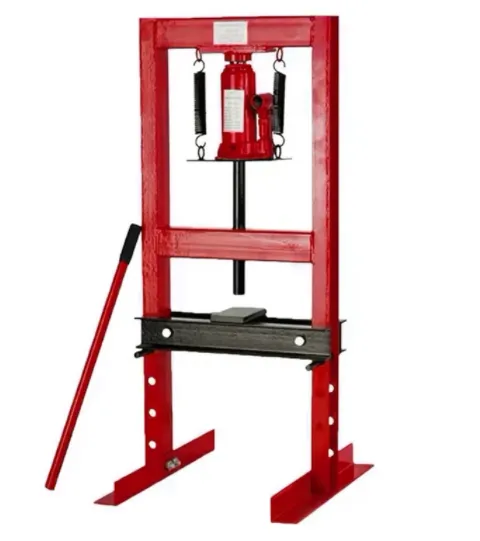
What is a Shop Press?
A shop press is a mechanical device that uses a hydraulic, pneumatic, or electric system to apply force to a specific area of a material. Typically, it consists of a frame, a ram or piston, and a pressure mechanism. The frame holds the workpiece in place while the ram applies the necessary force to achieve the desired result. Shop presses come in various sizes and configurations, including manual, hydraulic, pneumatic, and electric models, depending on the specific needs of the user.
Types of Shop Presses
Manual Shop Press
- A manual shop pressis operated by hand, typically through a screw or lever mechanism. It is the simplest and most affordable type, making it ideal for small-scale operations or DIY enthusiasts. However, it requires more physical effort, which can be challenging when working with larger or tougher materials.
Hydraulic Shop Press
- The hydraulic shop pressis one of the most commonly used models in industrial settings. It uses hydraulic pressure to apply force, making it more efficient and easier to operate than manual presses. Hydraulic presses are ideal for a wide range of applications, including metalworking, automotive repairs, and manufacturing, as they can handle larger materials and provide consistent force.
Pneumatic Shop Press
- A pneumatic shop pressuses compressed air to generate force. This type of press is typically faster than hydraulic models and is suitable for applications that require rapid, repetitive operations. Pneumatic presses are often used in manufacturing settings, particularly for tasks that involve lightweight materials.
Electric Shop Press
- An electric shop pressutilizes an electric motor to drive the force needed for pressing. These models are often equipped with advanced features, such as automatic pressure control and programmable settings, making them ideal for highly precise and consistent applications. Electric presses are commonly used in high-precision tasks, such as electronics assembly or small-scale industrial production.
Large Shop Press
- A large shop pressis a heavy-duty version designed to handle large or heavy workpieces. These presses typically feature a robust frame, increased lifting capacity, and more powerful motors or hydraulic systems. Large presses are commonly used in industrial operations where large parts need to be shaped, bent, or assembled, such as in automotive, aerospace, or heavy equipment manufacturing.
Applications of a Shop Press
Metalworking
- Shop pressesare widely used in metalworking tasks, including bending, shaping, straightening, and pressing metal parts. They are ideal for operations such as pressing bearings, bushings, gears, and other components that require high pressure to fit together.
Automotive Repairs
- In automotive workshops, shop pressesare commonly used for tasks like pressing in and removing bushings, bearings, and seals. The controlled force provided by the press makes it easier to perform repairs on suspension components, transmissions, and engine parts.
Manufacturing and Assembly
- Shop pressesare often used in manufacturing and assembly lines to press parts together, such as in the production of automotive components, machinery, and electrical devices. They can be used for tasks like pressing rivets, fittings, or assembling intricate parts.
Plastic Molding
- While shop pressesare commonly used for metalworking, they are also used in the molding of plastics. The high force allows for the shaping and molding of plastic components, making them essential for industries like packaging, consumer goods, and electronics.
Hydraulic Pressing of Sheet Metal
- For industries involved in metal sheet production or forming, a hydraulic shop pressis ideal for flattening, punching, or stamping sheet metal. It provides the necessary force for shaping and forming metal sheets without damaging the material.
Why Choose an Electric Shop Press?
Ease of Operation
- Unlike manual presses, which require physical effort, electric shop pressesare powered by an electric motor, making them much easier to operate. This reduces fatigue and increases efficiency, especially when dealing with repetitive tasks.
Precision and Control
- Electric pressesoften come with advanced control systems that allow for precise adjustments of pressure and speed. This level of control is crucial in applications where accuracy is essential, such as in the production of electronic components or intricate metal parts.
Speed and Efficiency
- Electric shop pressesare typically faster than hydraulic or manual presses, allowing for quick, consistent performance. This makes them ideal for high-volume or industrial applications where speed is crucial to maintaining productivity.
Energy Efficiency
- While hydraulic presses are powerful, they often require significant energy to operate, particularly for larger models. Electric shop presses, on the other hand, are typically more energy-efficient and may offer reduced operating costs over time.
A shop press is a vital tool in any workshop, offering the ability to handle a variety of tasks with precision, speed, and safety. Whether you're looking for a manual shop press for simple tasks or a more advanced electric shop press for high-precision applications, choosing the right model depends on your specific needs, such as lifting capacity, ease of use, and the types of materials you work with. By investing in a shop press, you can improve the efficiency of your operations, reduce labor costs, and enhance the overall quality of your work.
No matter your requirements, shop presses are available in a range of styles and configurations, making them an indispensable tool for professionals and hobbyists alike.
Rukunin samfuran
Sabbin Labarai
-
Unraveling the World of Car Jack Economics and Acquisition
LabaraiJun.24,2025 -
Unraveling the Essentials of Car Jacks and Their Operations
LabaraiJun.24,2025 -
Unraveling the Capabilities of 10 - Ton Porta Power Equipment
LabaraiJun.24,2025 -
Unraveling Issues and Solutions in Car Jack Systems
LabaraiJun.24,2025 -
Unleashing the Potential of 10 - Ton Hydraulic Equipment
LabaraiJun.24,2025 -
Power and Precision in Heavy - Duty Lifting: 10 Ton Porta Power Solutions
LabaraiJun.24,2025 -
What Makes Car Shop Jacks and Related Tools Indispensable for Vehicle Maintenance?
LabaraiJun.12,2025
